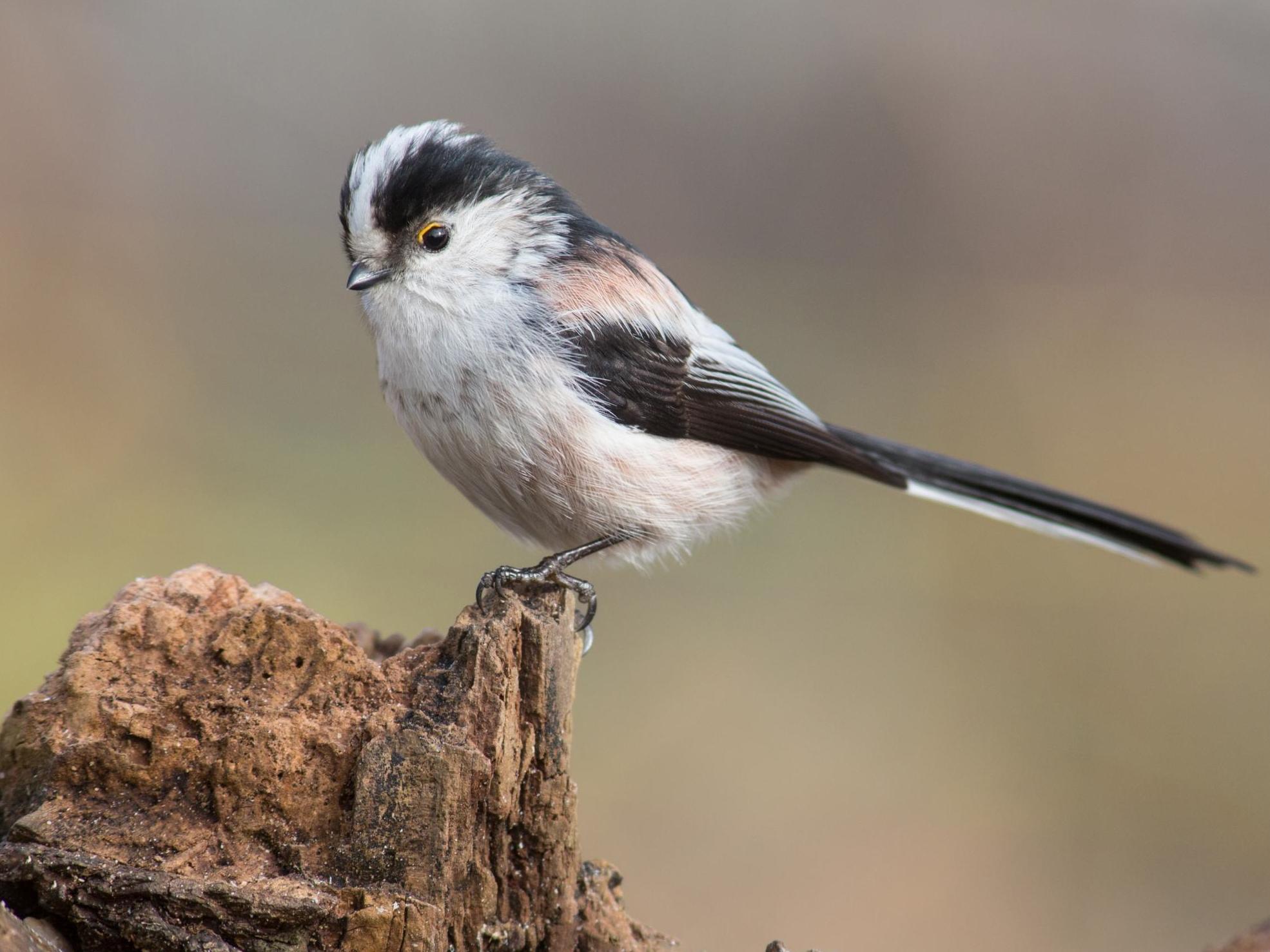Climate change has positive impact on most English birds, study finds
Global warming affecting one-third of breeding species, according to survey

Your support helps us to tell the story
From reproductive rights to climate change to Big Tech, The Independent is on the ground when the story is developing. Whether it's investigating the financials of Elon Musk's pro-Trump PAC or producing our latest documentary, 'The A Word', which shines a light on the American women fighting for reproductive rights, we know how important it is to parse out the facts from the messaging.
At such a critical moment in US history, we need reporters on the ground. Your donation allows us to keep sending journalists to speak to both sides of the story.
The Independent is trusted by Americans across the entire political spectrum. And unlike many other quality news outlets, we choose not to lock Americans out of our reporting and analysis with paywalls. We believe quality journalism should be available to everyone, paid for by those who can afford it.
Your support makes all the difference.Climate change is having an overall positive impact on most English bird species, according to new research based on 50 years of “citizen science” surveys.
Some 13 species including corn buntings, goldcrests and long-tailed tits saw their populations increase by at least 10 per cent as a result of changing climatic conditions, according to the study by the British Trust for Ornithology (BTO) and government conservation agency Natural England.
Warmer temperatures probably have a positive effect on resident species by improving survival rates over the winter, the researchers wrote in a paper published in the journal Bird Study.
“Populations of a range of resident bird species are probably significantly greater than they would otherwise have been in the absence of climate change,” researchers wrote.
Overall climate change is affecting the populations of around one-third of English breeding birds. Of 68 species monitored between 1966 and 2015, 24 showed evidence that changes in their population were linked to temperature or rainfall. Nineteen out of 24 of those birds were being helped – as opposed to hindered – by climate change.
However, scientists warn that further warming could prove more disruptive.
Three species – cuckoos, little owls and reed warblers – saw numbers fall by at least 10 per cent as a result of climate change, the study found.
And some species which have seen long-term population declines over the period studied, but which prefer warmer conditions, such as farmland birds including the corn bunting and grey partridge, may have seen less significant falls than they would have done without climate change, the study suggests.
The data used in the study comes from the BTO, the government’s Joint Nature Conservation Committee and the RSPB’s breeding bird survey, whose fieldwork is conducted by volunteers.
This was compared with changes in the climate in terms of seasonal temperatures and rainfall.
James Pearce-Higgins, director of science at the BTO and the paper’s lead author, said: “Given the changeable British weather, it can be difficult for us to see the long-term impacts of climate change, but by monitoring bird populations we can track impacts upon the natural environment.
“Thanks to the efforts of our volunteer bird surveyors who have been counting birds in England for over 50 years, we can show that climate change is already affecting about one-third of breeding bird populations monitored.
“Whilst some of these impacts have resulted in population increases, as harsh winters which naturally limit the populations of some resident species have become less common through time, there are also species which appear to have declined too.”
Additional reporting by PA
Join our commenting forum
Join thought-provoking conversations, follow other Independent readers and see their replies
Comments